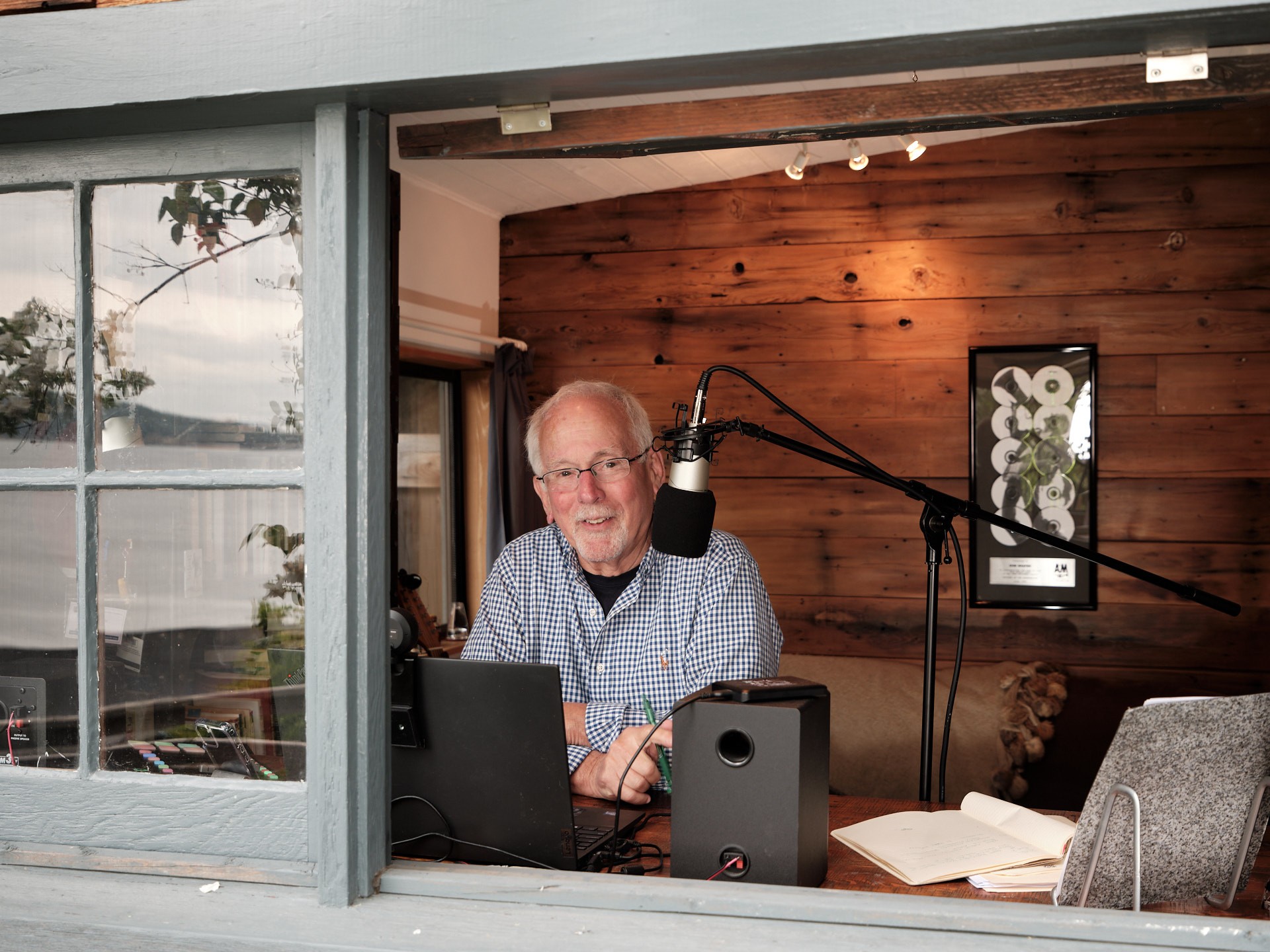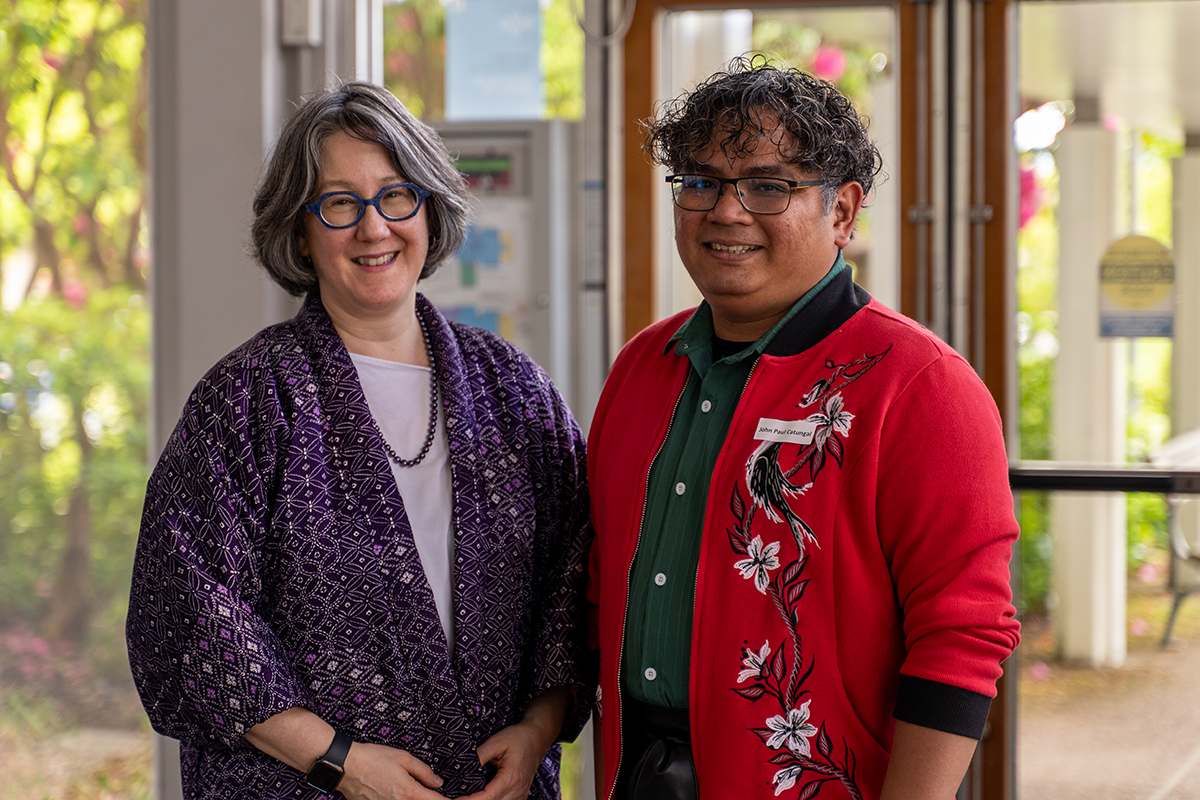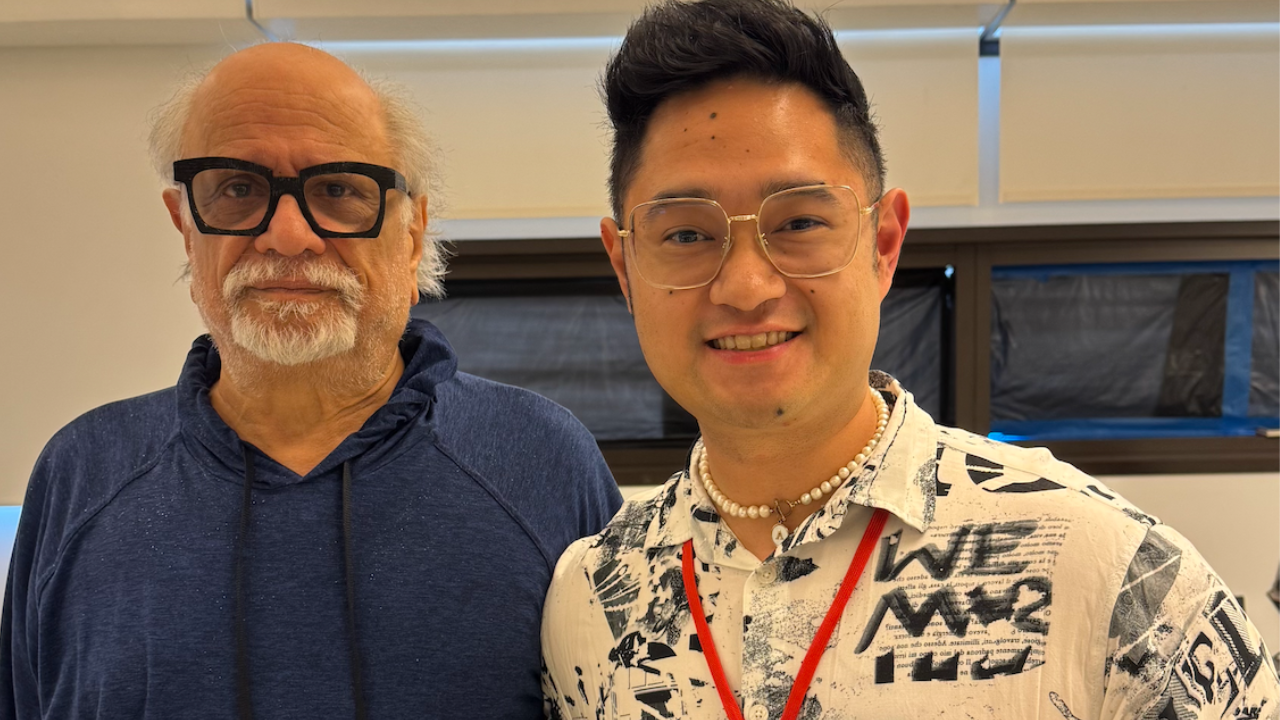June 14, 2016
We at the Social Justice Institute at UBC are deeply saddened by the recent attack at a crucial local gathering space for LGBTQ people. Targeting “Latin Night” at Pulse, an LGBTQ nightclub in downtown Orlando, the violence resulted in the deaths of 49 people, the vast majority of whom were Latinx1 and Black.
Many of us at the Social Justice Institute belong to the LGBTQ community. Some of us are LGBTQ people of colour. Our spatial distance from Orlando is not enough to mitigate the violence against our psyches and bodies. This violence is felt, deep and familiar in our bones. While we remain shocked at the severity of this violence, many of us live our lives under the violent scrutiny of homophobia, transphobia, heteropatriarchy and racism.
In the last few days, we’ve witnessed LGBTQ communities and their loved ones from all over the world in mourning. Candlelight vigils have been held around the world to mark our loss and to hold space. We’ve gathered to support each other in countless ways in countless spaces – in our homes, in cafes, in workplaces, in schools, in community centers. In public spaces we forge intimacy and an attempt to connect with each other to heal, rage, cry, embrace and find our communities. Geographies of our own making, these are spaces through which our intersecting communities literally take place. As we’ve done in times past, we will respond by creating and holding space for one another.
As we search for answers and strategize on how to mobilize and move forward, we at the Social Justice Institute encourage a rejection of possible responses that further entrench structures and practices of violence. We refuse to let our tears be used to fuel racist wars and security infrastructures, the violent brunt of which disproportionately affect poor people of colour globally. We resolutely say “not in our names” to these possible responses.
We will continue to hurt and we will continue to mourn. But we will also move towards a recognition that, in Jose Esteban Munoz’s words, “the here and now is simply not enough”. As we desire another world forward, we look to the wisdom in the work and the words of feminist, queer and trans thinkers-, activists- and organizers-of-colour whose politics insist on intersectionality and a refusal of single-issue approaches to our politics and our lives. We must connect ourselves to others.


